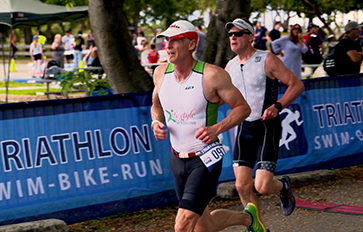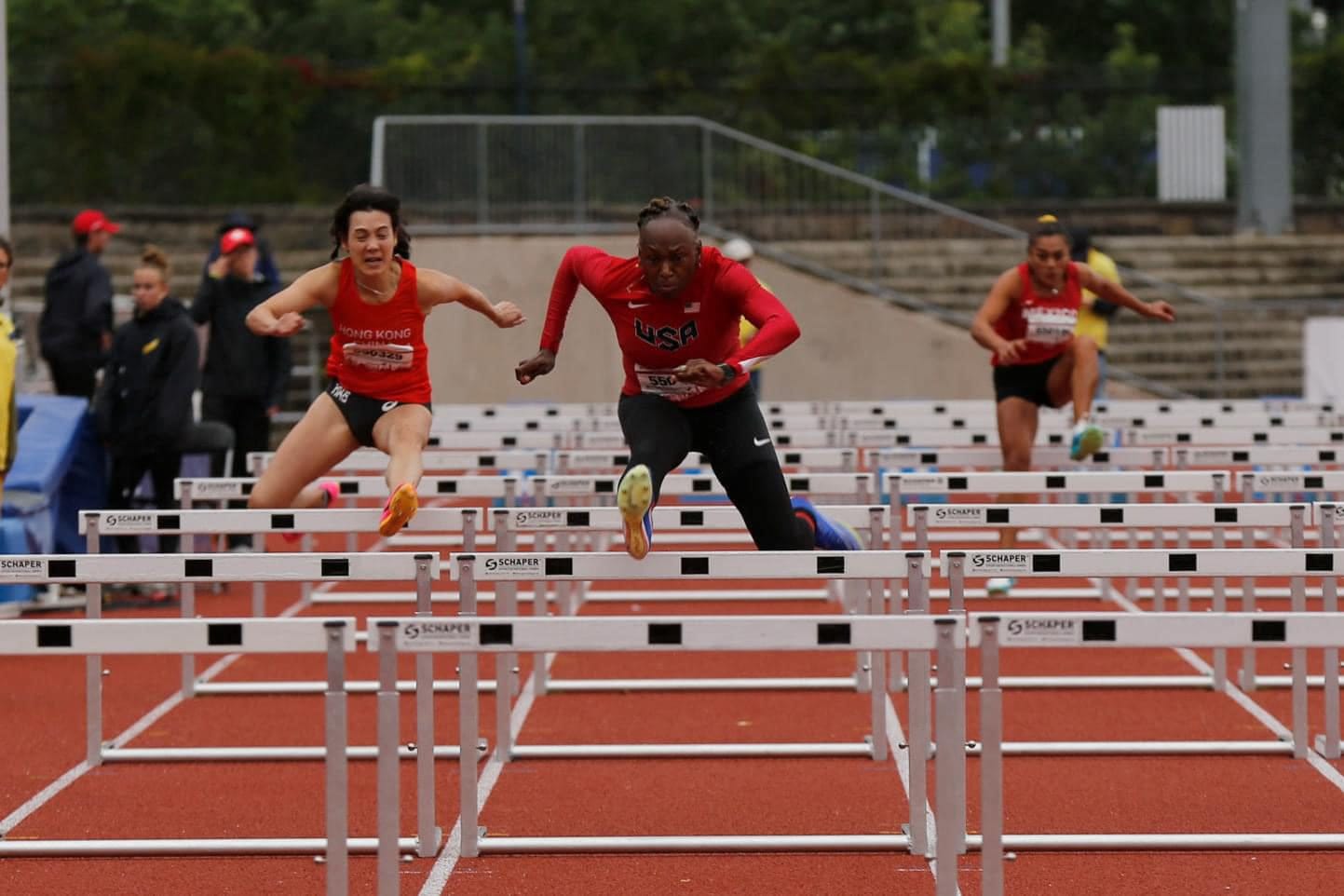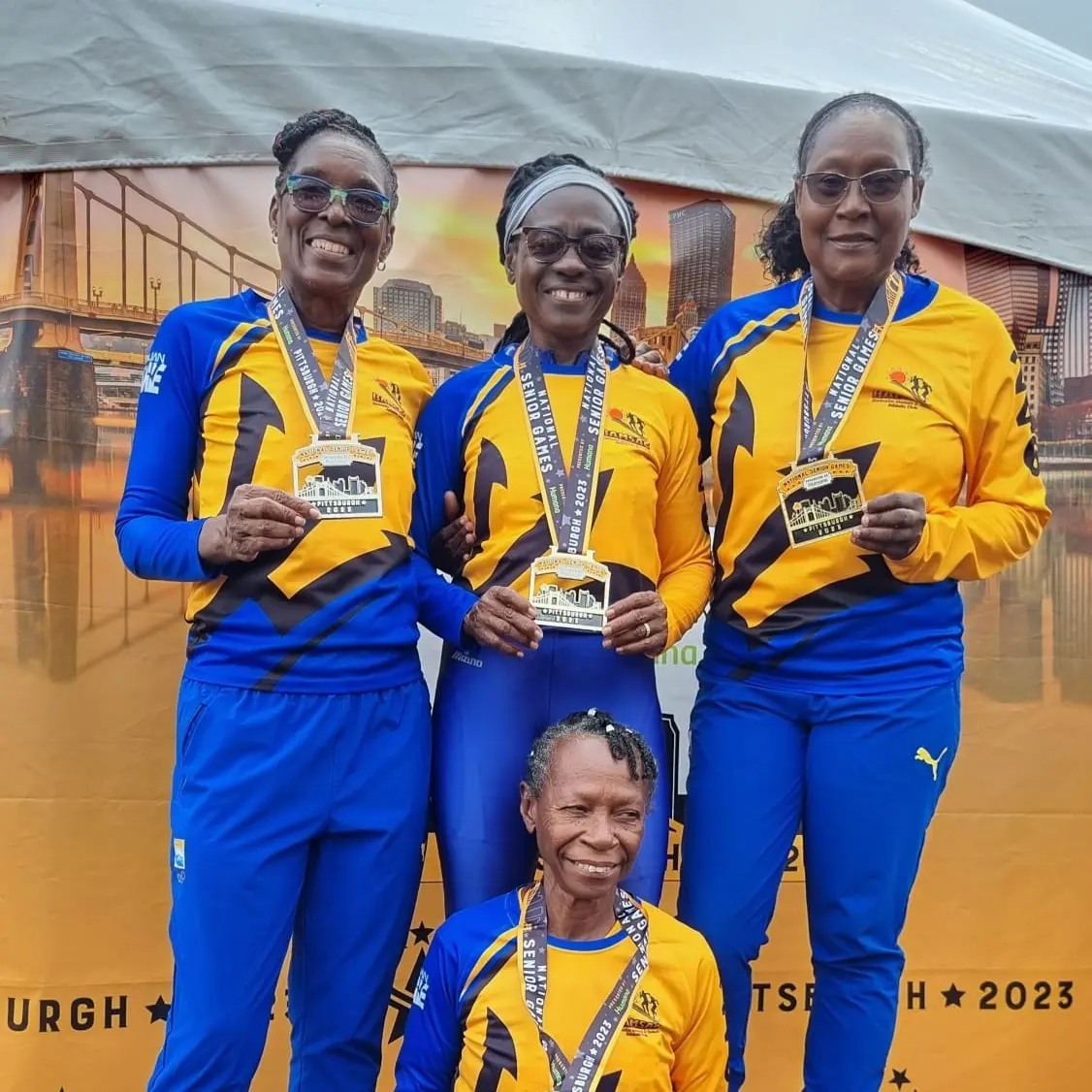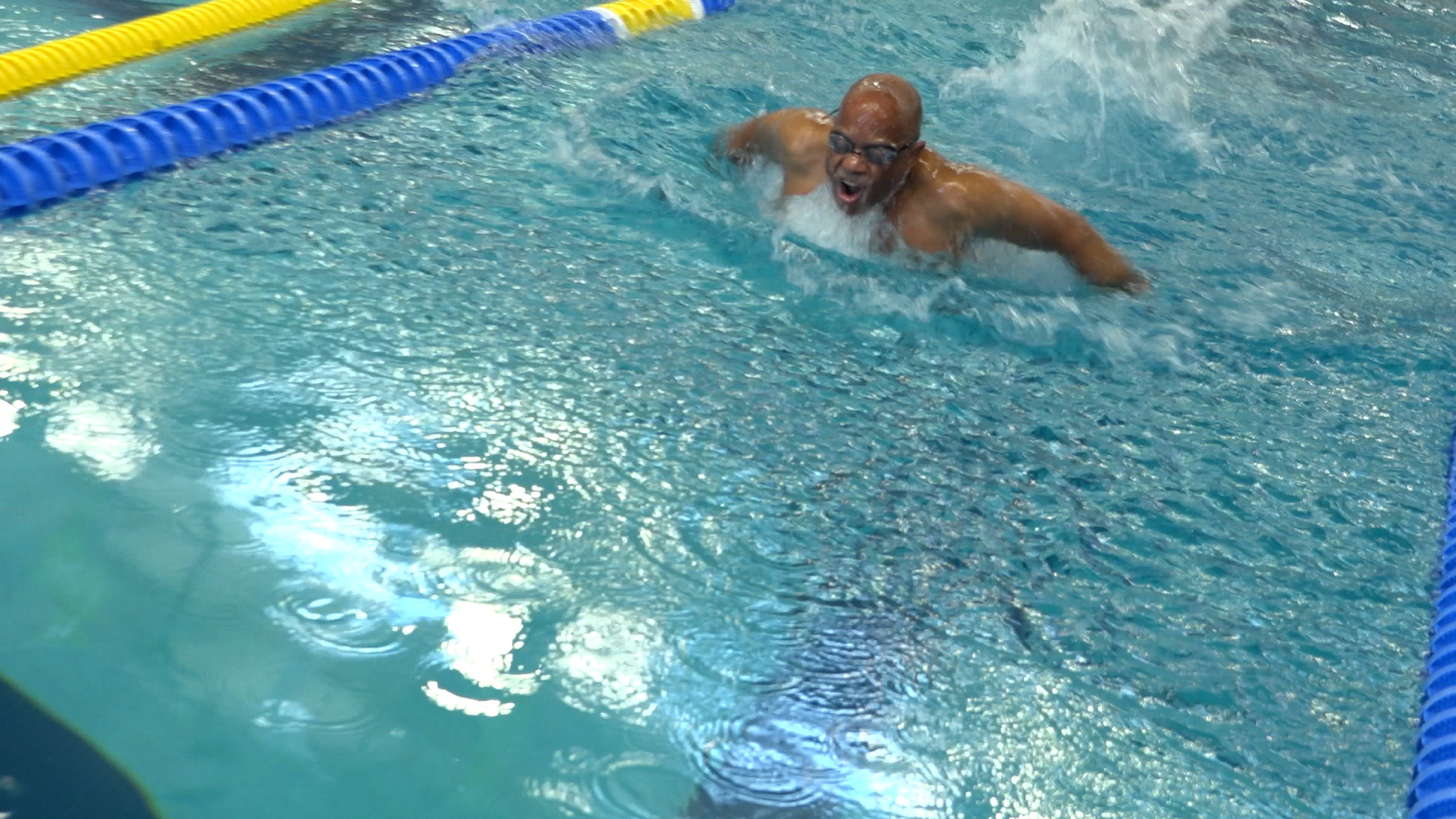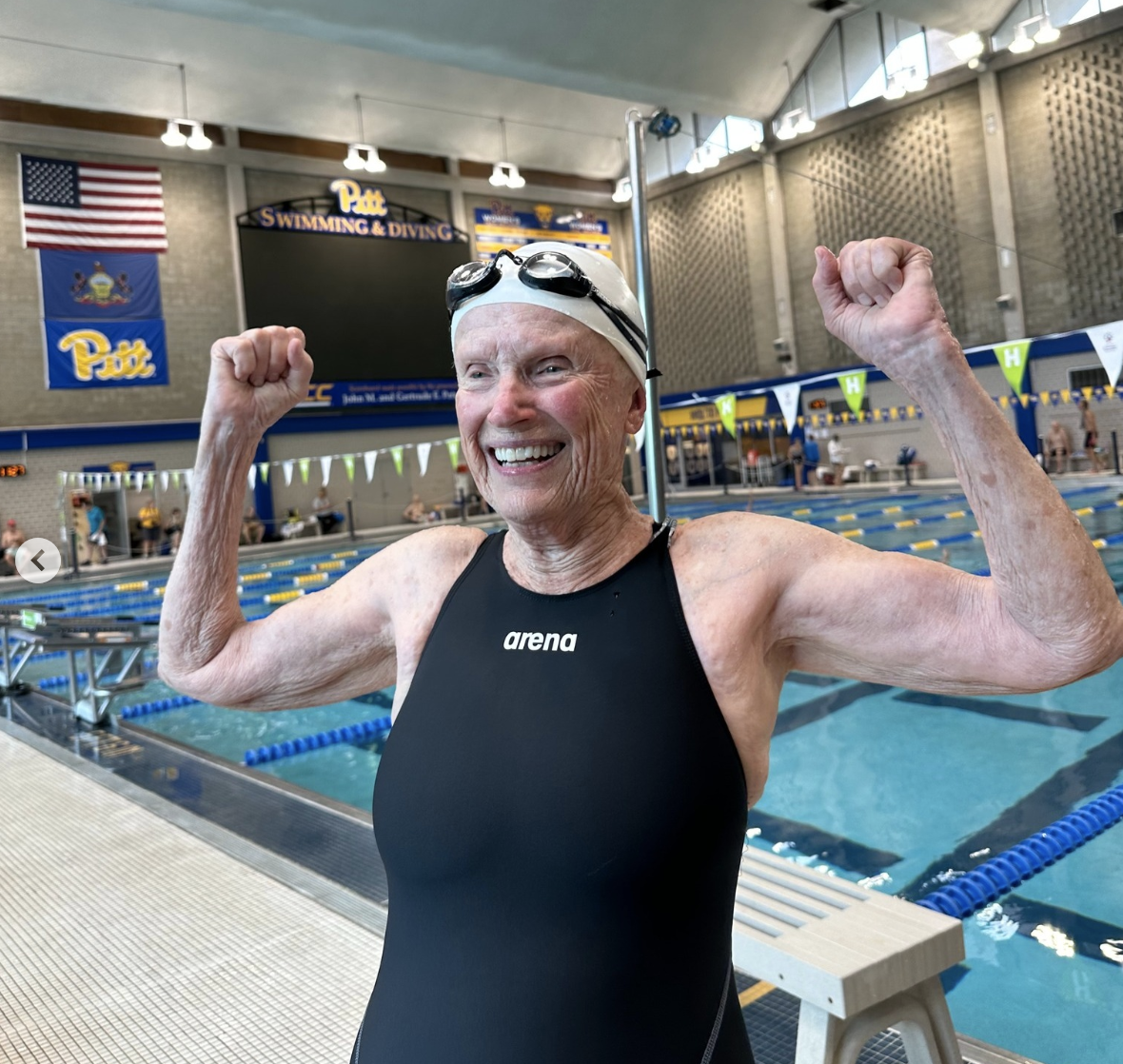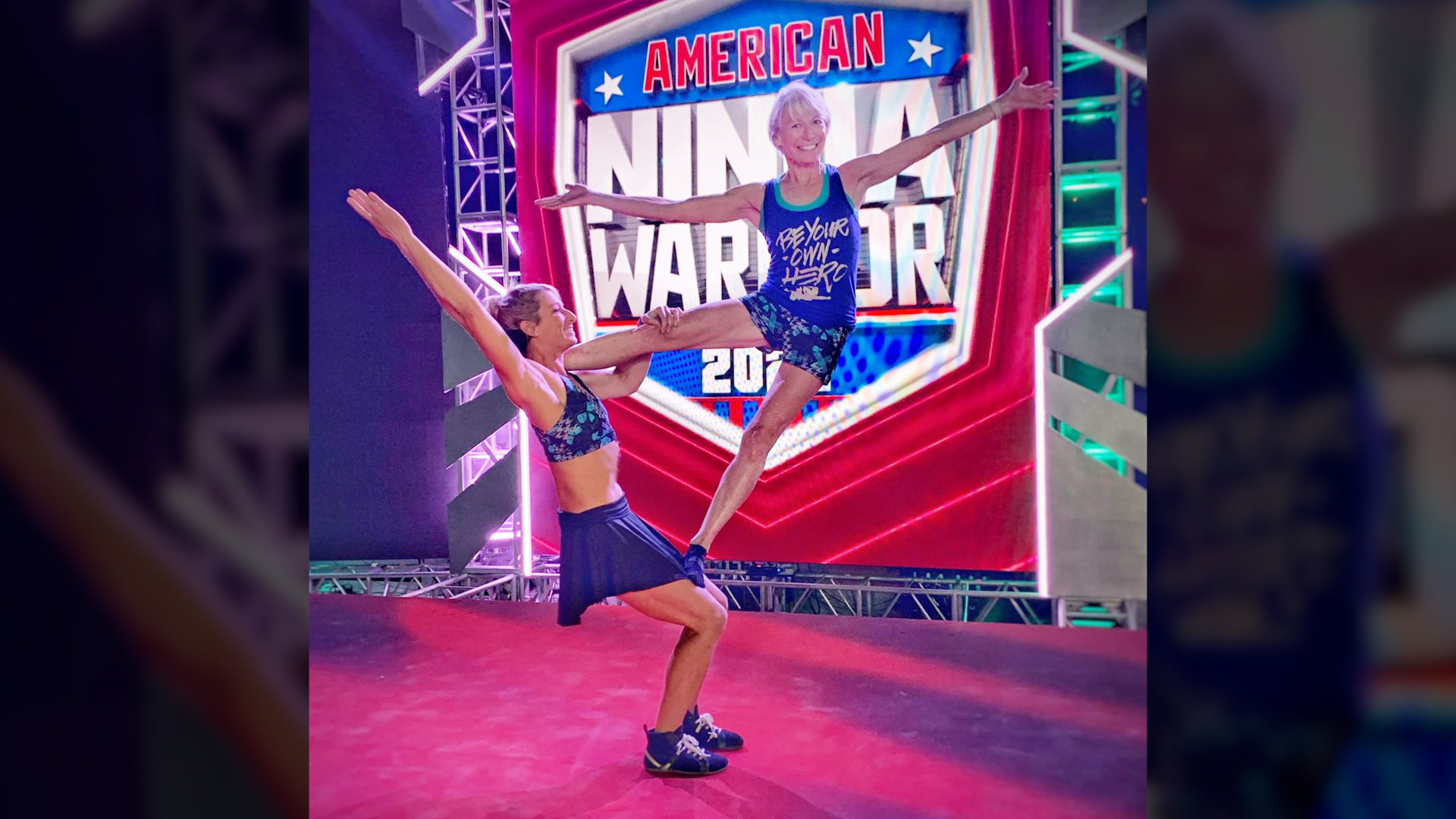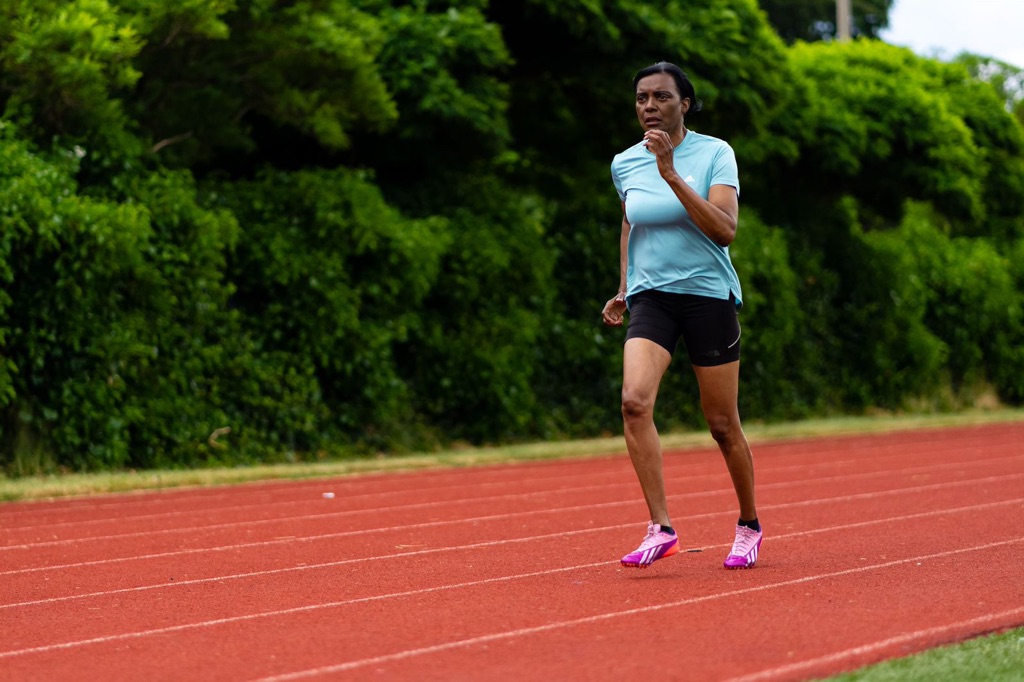Last Updated on April 2, 2025
From an outsider’s perspective, competing in a triathlon may seem like a challenge that simply rewards physical fitness. Of course, it’s a difficult task that takes training and physical might to have the stamina to swim, bike and run all three legs of the competition. But for those who continue to train and compete in triathlons in their 50s, 60s, 70s and beyond, these events impact life on a broader scale and can be used as tools for self reflection and goal setting.
Bob Hobbs was only a teenager when he decided to enter his first triathlon back in the 1980s and began a journey in self-discovery that went hand-in-hand with his training.
“At age 14, I was watching a triathlon on the Wide World of Sports,” Hobbs, 56, told Growing Bolder. “Of course, I said ‘I’ve got to do one of those!’ Ironically, I didn’t know how to swim. I was not a swimmer. I swam a Tarzan stroke for half a mile, rode an iron-type bike with a headlamp still connected to the wheel, and I ran the 10k in a pair of high tops.”
Despite these initial obstacles, Hobbs felt an immediate connection with the event.
“After I did that one I was hooked. It gets in your blood. Once you get out here, just that buzz, that feeling of being able to do something for your entire life.”
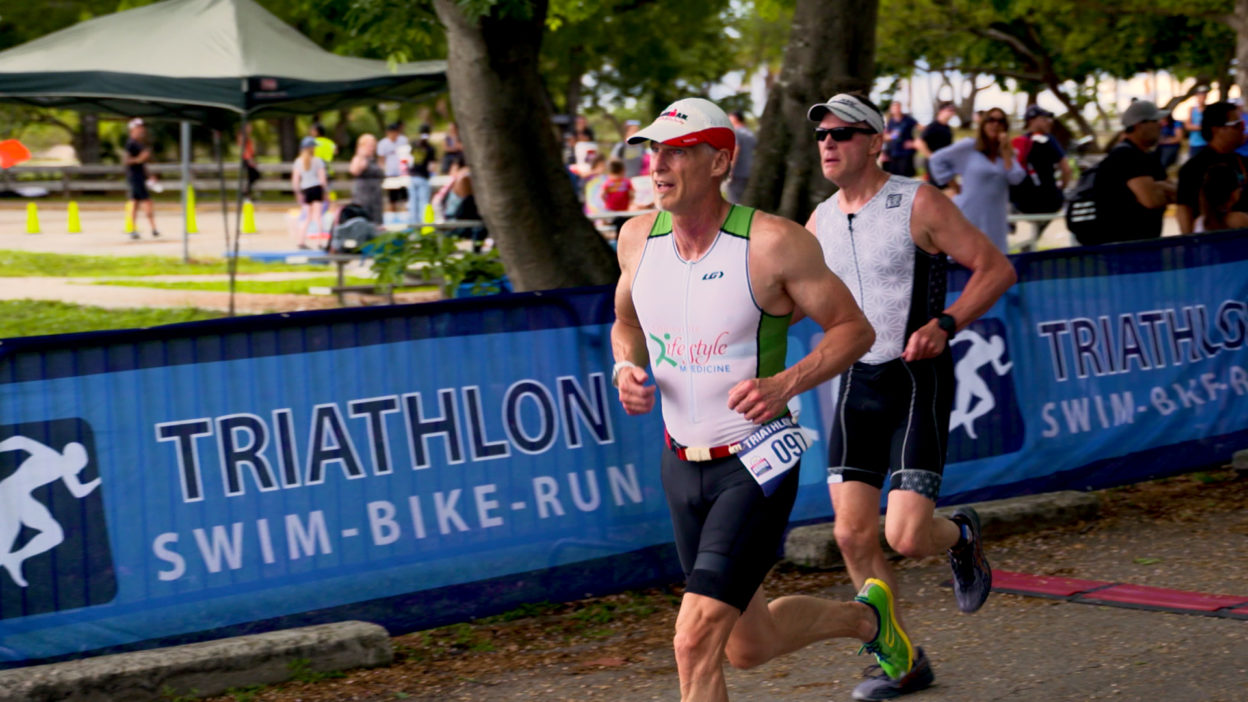
Triathlons have been in his blood now for 41 years. Although Hobbs won the gold medal in his age group at the 2022 National Senior Games in Ft. Lauderdale, Florida, he believes the real reward of competing is the opportunity to reinvent himself.
“My first race I did, the eventual goal was just to get to the Ironman distance,” Hobbs explained. “I’ve now done four of those, and they can become life changing when you complete one. My first one, I switched careers over to the medical field. I changed careers completely. My second one, I wrote a book. The third one, I opened up a primary care practice. My fourth one, I started on my doctorate. It just gets you going.”
“You get that dedication and inspiration but that just kind of carries over into life,” Hobbs continued. “You know, you do this for an hour. Maybe at most, exercise six to nine hours a week. There’s a lot of other hours in the week and all that stuff that we do, the dedication and the drive, it just carries forward into life. It’s not about competing and finishing and trying to win a medal. It’s about learning more about yourself and what you can do in the rest of life.”
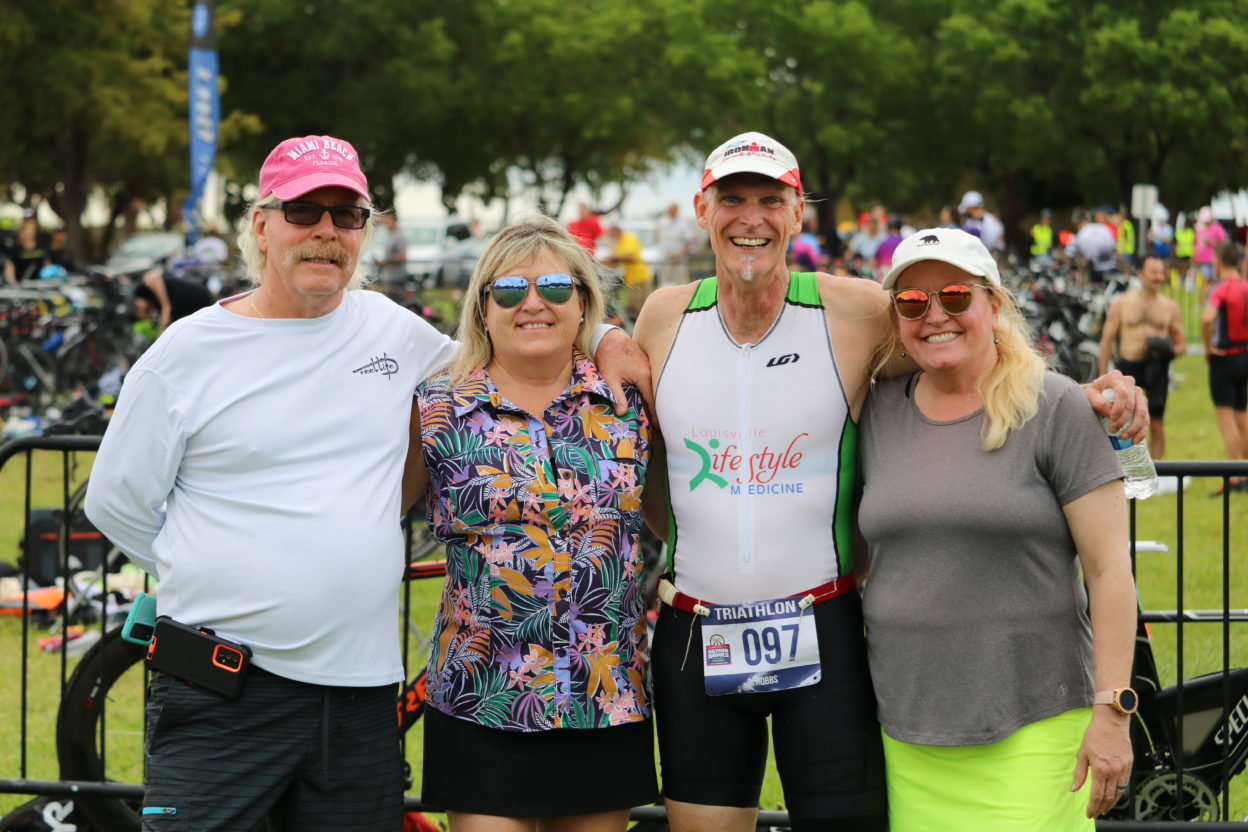
A career change. A primary care practice. A published book, and a doctorate. All of these life changes were spurred on by matching life goals alongside fitness goals, something that Hobbs knows can happen at any age.
“I’m glad to be able to race at 56, but I’m even more grateful to see people much older than me doing this,” Hobbs said. “It just gives you lots of inspiration. I’ve had competitors beat me in their 80s a couple years ago at the National Senior Games in Albuquerque. You can do this your entire life and there’s no reason not to.”
To watch more stories from inspirational masters athletes, visit GrowingBolder.com/NSGA .


